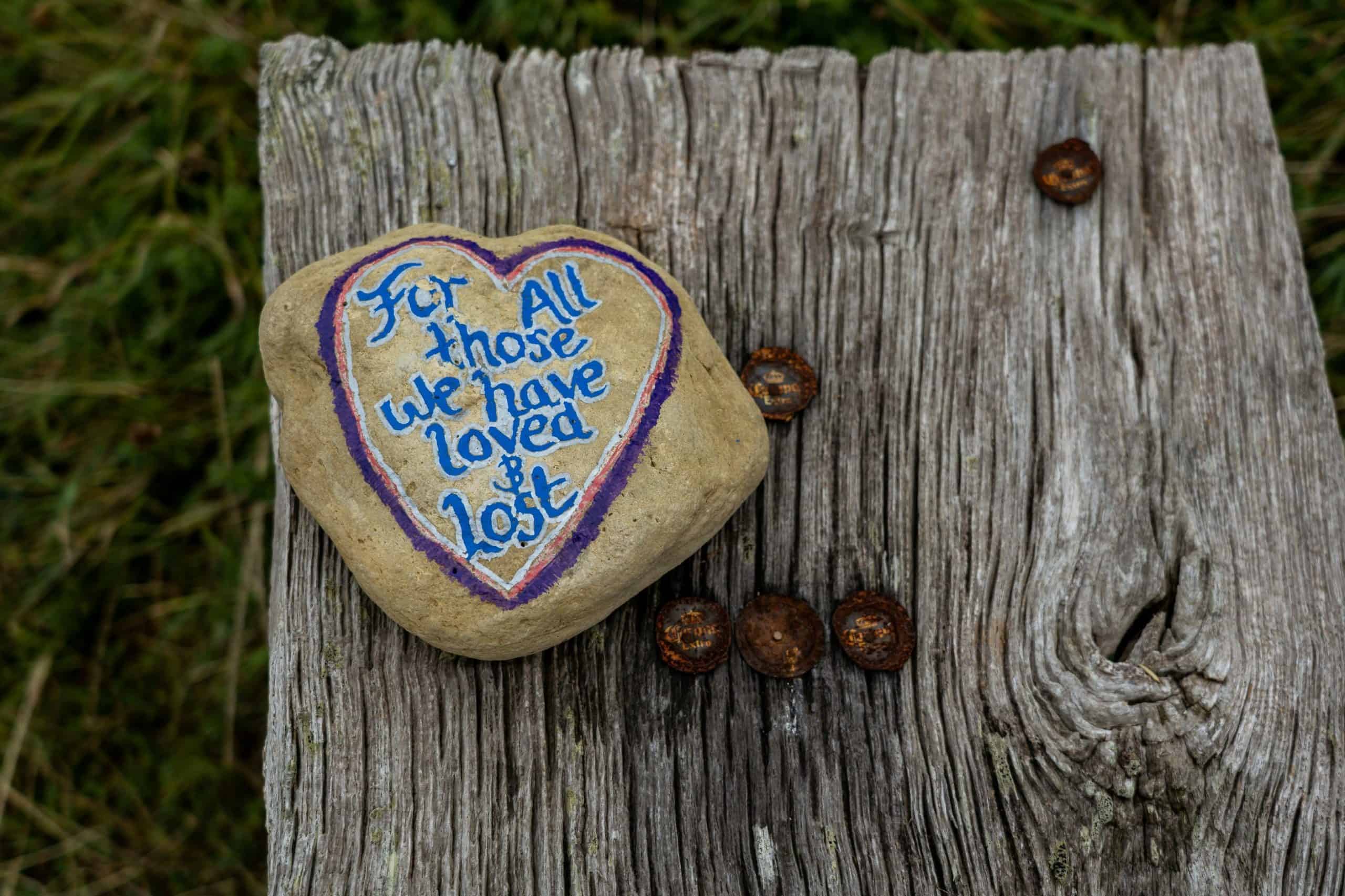When Grief Runs Deep: Healing After the Loss of a Closest Soul
Grief is so much more than just one emotion or feeling. It’s a changeable force that will affect nearly everyone at some point during their life. And it’s a cause of great struggle for those of us who have received it as a constant companion. Often quiet but ever-present. If you are grieving, know that you aren’t alone.
What is Grief?
It’s something different to everyone. As unique as our relationships are, the grief when we lose someone close to us is unique, too. There’s a quote by author Jamie Anderson, “Grief is just love with no place to go.” And that feels right some of the time, but it isn’t even that simple. It’s also been referred to as a scar. I like that analogy because a scar can be what’s left behind after a deep wound has healed over, but there’s this pain, this ache, that returns when you aren’t expecting it.
Grief can also be like an ocean wave. Standing with your back to the ocean, you cannot see when the wave is going to crash into you. When a wave suddenly washes over you, you double over in pain from the cold and sudden shock.
However, you define your grief is right. Your grief is yours alone. No one else can feel it for you. So what it is to you is as deeply unique as your love for the person who no longer walks the Earth.
How Do I Survive This?

Oh, dear heart. As your heart and, possibly all of you, shatters under the weight of grief, it can seem impossible. You wonder how you can carry on even one more hour without them beside you. You may not want to hear this now, but you can survive. They would want you to survive. To carry on for them since they cannot. But first, you must allow yourself to feel all of the things you’re feeling.
Are you sad, angry, or confused? Maybe you feel all of these things at once as part of your grief. It’s difficult to define sometimes, and that’s OK too. You don’t have to define any of it right now. Now is the time to lean on others. Let them care for you. Friends and family may be standing nearby, wondering how to help you. If you can articulate it, tell them what you need. Do the children need to go to school? Dishes need doing? House need cleaning? Groceries running out? Maybe you need someone to just sit with you in silence. Maybe you need the tightest of all hugs.
Whatever it is that you need, let them take care of it. Don’t try to be brave and take on everything when there are people who love you and want to help. Let them.
What Do I Do When They Go Home?
After the final arrangements are done and the heaviest loads are handled. After you’re calmer and you can stand on your own two feet again, everyone else returns to their regular lives. But your life has changed forever. How can the world continue spinning and life continue on when your life is so changed? It doesn’t seem right, does it? But that’s what happens. And the grief is still there. It’s still a heavy burden and could be for a long time. That is different for everyone, too.
This is when it is most important to seek help. There are so many options, and you may resist as others urge you to talk to a professional. But, and this is a difficult lesson too, sometimes we cannot handle our difficulties alone. There are websites like What’s Your Grief and Much Loved, where you can find resources and support. There are local therapists and support groups, as well as online therapy options. Some of us do better in the physical company of a therapist, but some of us prefer online therapy, which also gives you greater flexibility for scheduling and saves you travel time.
Sites like What’s Your Grief and Much Loved also provide lists of books, online communities, and many other resources. Sometimes journaling or engaging in other creative outlets can help. And, when you need them, reach out to your friends and family. They’ll be glad you did. I promise.
How Do I Say Goodbye?
This may be the most challenging part of Grief. Accepting that your loved one is gone may feel like a betrayal. You don’t want to accept it. And yet, it is the reality. And that’s the worst part. How you say goodbye is personal to you and the relationship you had with them. Your faith might have a lot of weight here. If you’re religious, you could speak to your spiritual leader. If you’re independently spiritual, you may choose a private ritual or ceremony to help you come to terms with the loss.
Acceptance doesn’t mean you’re giving up your love for that person. They are part of you forever. That doesn’t change with the death of the physical body. But grief for their physical presence is still hard to cope with. Consider how to honor their life in a way that is meaningful to you. I’m not talking about a funeral here. This is about something far more personal than that. Take your time.
Here’s a Closing Hug
That was a lot to take in, I know. Grief is big, and there’s no way to encompass all that it is in one written piece. For example, friends and family will make mistakes. They may say things like, “I understand,” “You’re so strong,” or “God doesn’t give us anything we can’t handle.” They may say other things that are cliché and unhelpful. Forgive them. They mean well, and they want to take away your pain, but they don’t know how.
Most importantly, be kind to yourself. Give yourself grace. Grieving the loss of a close loved one is the most difficult thing you will ever go through. It isn’t easy. There are no shortcuts. And it doesn’t go away completely. But it does get easier. It will get easier. You can move through it. You may not think it now, but you will be OK one day. For now, let yourself feel.






